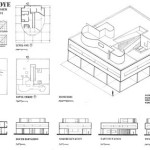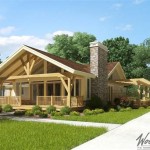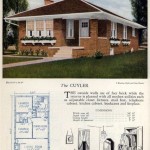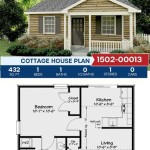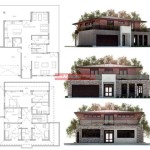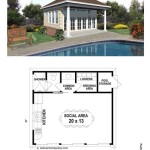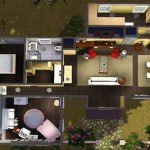Essential Aspects of Planning Your Dream Mountain Cabin
Escape the hustle and bustle of daily life and delve into the serene embrace of nature with a captivating mountain cabin. Designing your dream retreat requires meticulous planning and thoughtful consideration of specific aspects. Here's an in-depth guide to the essential elements of house plans for an enchanting mountain cabin.
1. Site Selection and Views
Choosing the perfect site for your cabin is crucial. Consider factors such as terrain, accessibility, sun exposure, and panoramic views. Explore different locations to capture breathtaking vistas of the surrounding mountains, valleys, and forests.
2. Architectural Style and Functionality
Determine the architectural style that resonates with your vision. Whether rustic, modern, or traditional, ensure the design complements the natural surroundings. Optimize the floor plan for functionality, considering the number of bedrooms, bathrooms, living spaces, and storage areas.
3. Sustainability and Energy Efficiency
Embrace sustainable practices by incorporating energy-efficient materials, appliances, and systems. Maximize natural light through large windows and skylights, and consider renewable energy sources such as solar panels or geothermal heating.
4. Interior Design and Decor
Create a cozy and inviting interior that reflects the rustic charm of a mountain cabin. Choose warm colors, natural materials like wood and stone, and comfortable furnishings. Incorporate fireplaces or wood-burning stoves for warmth and ambiance.
5. Outdoor Living Spaces
Extend your living space outdoors with decks, patios, or screened-in porches. These areas offer seamless transitions between the indoors and the surrounding wilderness, providing opportunities for relaxation, dining, and enjoying the fresh mountain air.
6. Landscape Design
Enhance the natural beauty of the landscape by incorporating native plants, rock features, and water elements. Use lighting to create a magical ambiance in the evenings, highlighting trees and pathways.
7. Building Materials and Finishes
Select durable building materials that withstand the elements, such as high-quality timber, stone, and metal roofing. Choose finishes that complement the natural surroundings and create a cohesive aesthetic.
8. Accessibility and Infrastructure
Ensure accessible paths, ramps, and entrances for all occupants. Consider storage for outdoor equipment and vehicles, as well as reliable utilities such as electricity, water, and wastewater management.
9. Safety and Security
Prioritize safety by installing smoke and carbon monoxide detectors, fire extinguishers, and a first-aid kit. Consider security measures such as motion-activated lighting, alarms, and gated access.
10. Professional Assistance
Engage the services of a qualified architect or designer who specializes in mountain cabin design. Their expertise will ensure that your plans meet building codes, incorporate sustainable features, and maximize functionality and aesthetics.
Follow these essential aspects to create house plans that capture the essence of a mountain cabin, providing you with a sanctuary for relaxation, rejuvenation, and unforgettable memories amidst the beauty of nature.

Small Mountain Cabin Plan By Max Fulbright Designs Floor Plans House

Stone Mountain Cabin Plans Tiny House Blog Sims
:max_bytes(150000):strip_icc()/whisper-creek-b65299d0def24eb28d88f38f7581e118.jpg?strip=all)
25 Best Mountain House Plans For Your Vacation Home

Cabin Floor Plan Log Home Plans House Homes

Cabin Style House Plan 2 Beds Baths 1200 Sq Ft 924 14 Houseplans Com

Mountain House Plans By Max Fulbright Designs

Small Mountain House Plans Houseplans Blog Com

Small Mountain Cabin Plan By Max Fulbright Designs

Small Cabin Designs With Loft Floor Plans

Small Mountain Cabin Plan By Max Fulbright Designs

